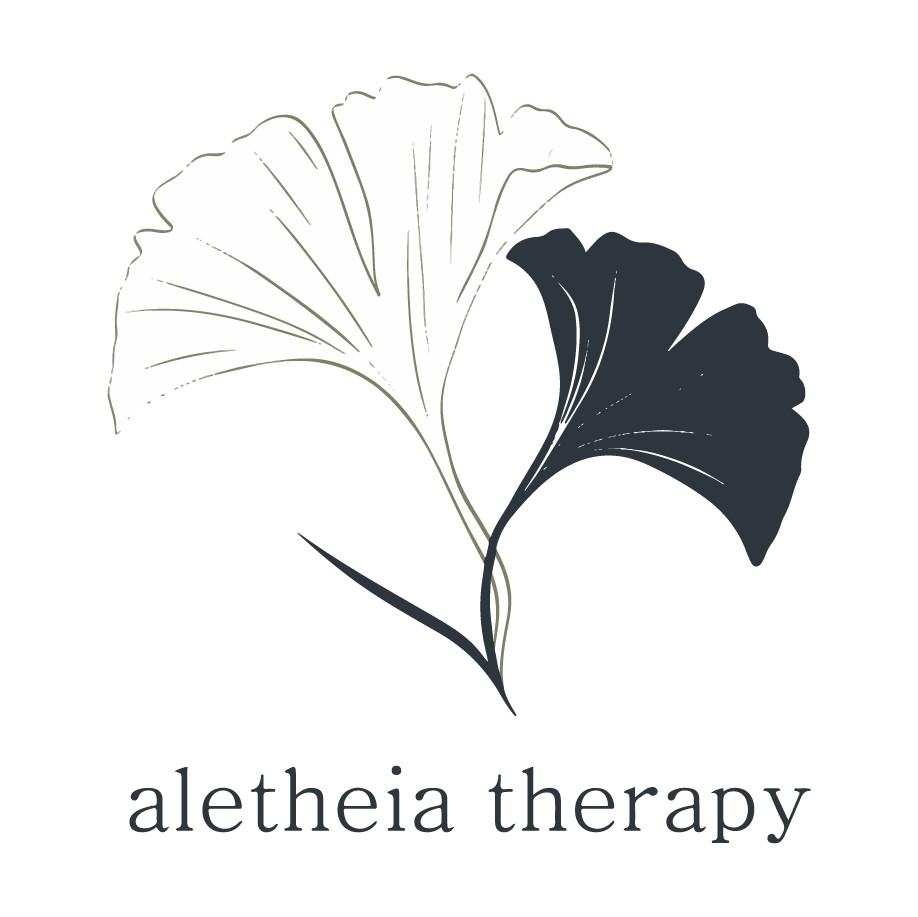Trust Your Gut: It’s More Than a Feeling
By Kamela Qirjo | November 20
Harnessing Your Second Brain for Mental Wellness
Did you know that your gut health could be the key to unlocking a happier, healthier mind? It’s time to dive into the fascinating world of the gut-brain connection and explore how this unseen link can improve mental health.
Gut Instinct: Follow It
Our gut, often dubbed our ‘second-brain’ is a bustling metropolis of microorganisms, each playing a vital role in our overall health. The gut microbiome, with its trillions of bacteria, is not just about digestion. It’s intricately connected to our brain, influencing emotions, thoughts, and mental well-being. This gut-brain axis is the unsung hero in our quest for mental clarity and emotional balance.
The Science Behind the Scenes
Groundbreaking research has uncovered how gut health can impact mental health. For instance, certain gut bacteria produce neurotransmitters like serotonin, the ‘feel-good’ hormone, directly affecting our mood and emotions. Imbalances in these bacteria can contribute to various mental health issues, from anxiety to depression.
Probiotics: The Mind’s Little Helpers
Probiotics, the beneficial bacteria in our gut, are gaining traction as potential aides in mental health therapy. They do more than aid digestion; they’re also crucial in maintaining a healthy gut-brain balance. Incorporating probiotics into your diet can foster a flourishing gut microbiome, leading to improved mental health.
Feeding Your Mind Through Your Gut
What you eat matters, not just for your body but for your mind too. A diet rich in fiber, probiotics, and diverse nutrients can promote a healthier gut microbiome. This, in turn, can lead to better mental health outcomes. Small changes in your diet can make a big difference in how you feel and think.
Here are some key food sources that can support gut health:
Fermented Foods:
Foods like yogurt, kefir, sauerkraut, kimchi, miso, and tempeh are rich in probiotics, beneficial bacteria that can help balance the gut microbiome.
High-Fiber Foods:
Dietary fiber, found in fruits, vegetables, whole grains, and legumes, isessential for gut health. It feeds the beneficial bacteria and promotes a healthy digestive system.
Prebiotic Foods:
Prebiotics are a type of fiber that the human body cannot digest, but they are crucial for feeding healthy gut bacteria. Foods rich in prebiotics include garlic, onions, leeks, asparagus, bananas, and oats.
Polyphenol-Rich Foods:
Polyphenols, found in green tea, dark chocolate, red wine, and berries, are antioxidants that can promote gut health by reducing inflammation and supporting the growth of beneficial bacteria.
Nuts and Seeds:
These are good sources of fiber, healthy fats, and other nutrients that support gut health.
Conclusion: A Holistic Approach to Mental Wellness
The relationship between gut health and mental health is a promising field, offering new insights and approaches to mental wellness. By caring for our gut, we’re not just nurturing our bodies; we’re also fostering a healthier, happier mind. So, the next time you’re feeling down, remember to listen to your gut—it might have the answer to your mental well-being! Remember, while the gut-brain connection is powerful, it’s one piece of the mental health puzzle. Always consult with healthcare professionals for a tailored approach to your mental health needs. Counselors should always practice within their scope of expertise and ethical responsibilities.
References:


